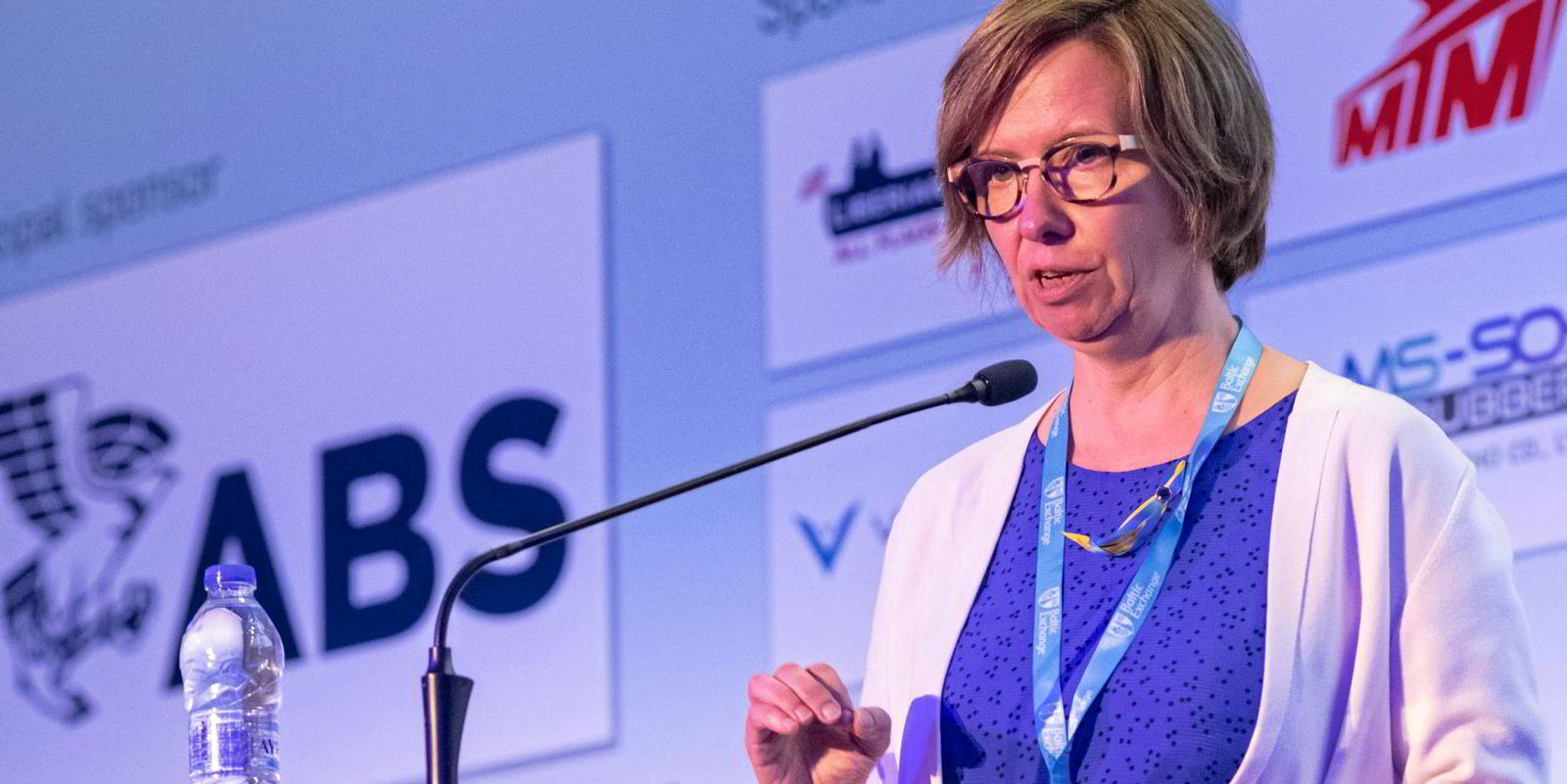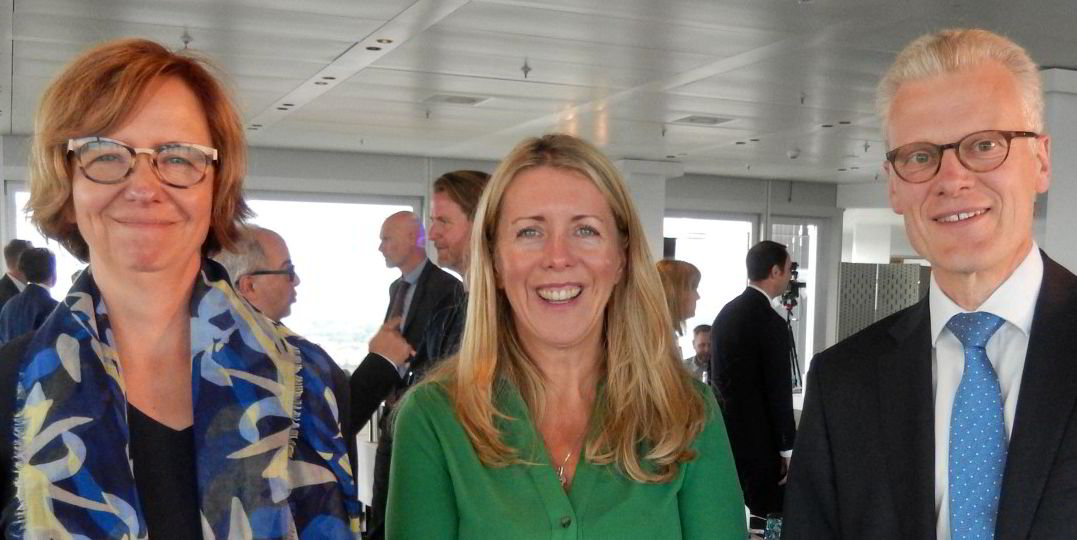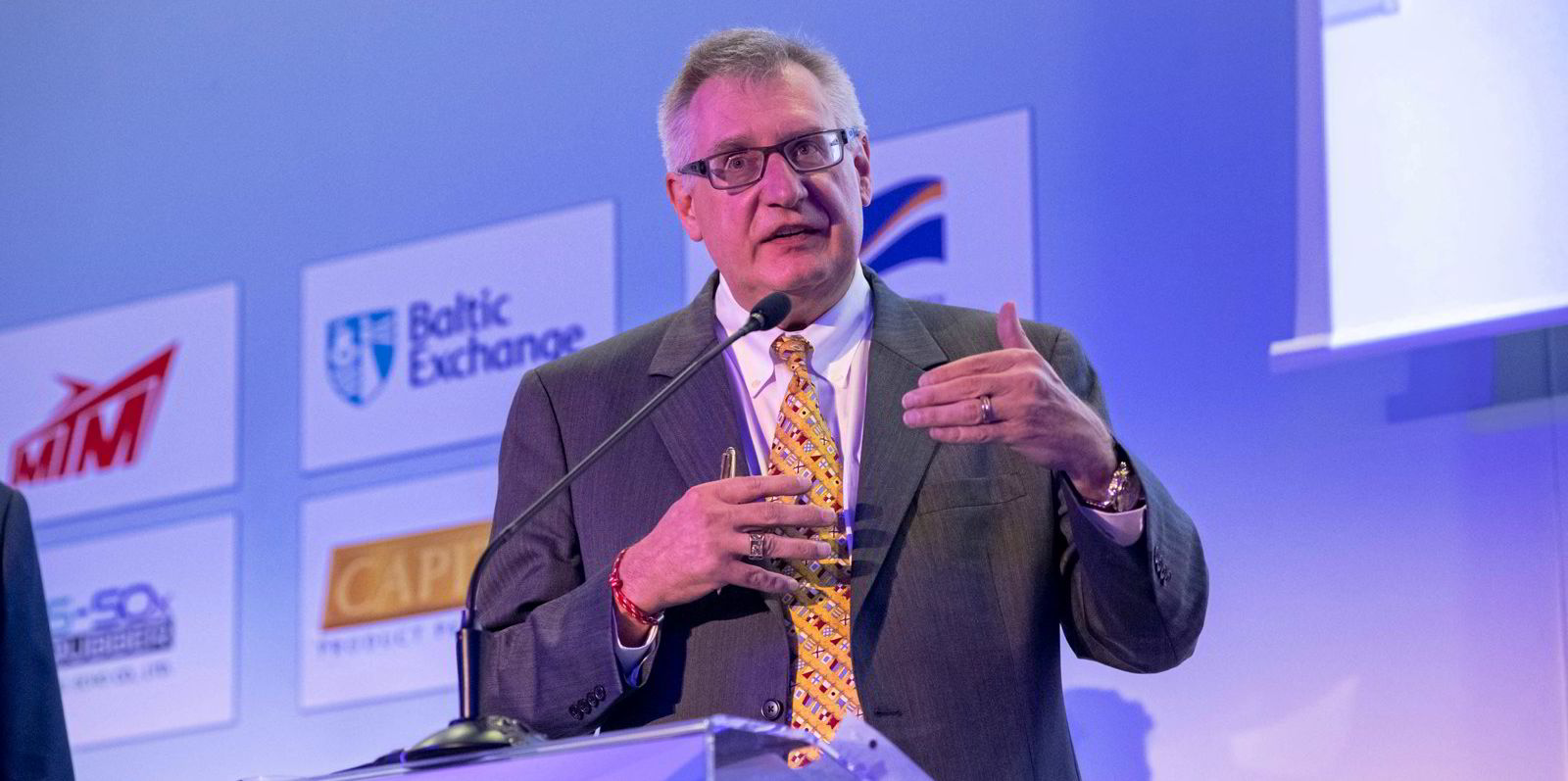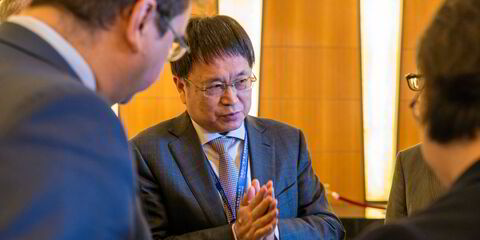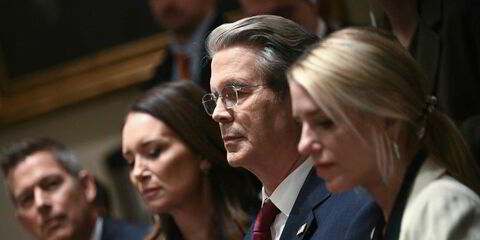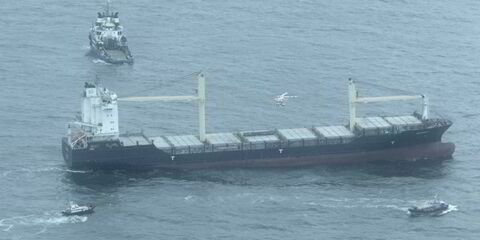One of the most effective and forceful government negotiators for higher sustainability standards in shipping is moving on to a new industry just as the fight to cut carbon pollution reaches a critical point.
Magda Kopczynska, the lead on shipping in the European Commission’s mobility and transport division, has been promoted to a more senior position in Brussels’ agriculture branch.
Kopczynska has been at the forefront of the EC’s leadership of higher sustainability standards in shipping over the last six years, winning praise and criticism for a direct and clear approach.
She also contributed to Europe’s solidarity lanes project to enable the export of Ukrainian agricultural products after Russia’s invasion of the country.
“I am immensely proud of the opportunity to have worked with the maritime sector over [the] past six years,” Kopczynska said. “I always thought the sector that carries ‘90% of everything’ had been not visible enough, and I did all I could to change it.”
Her departure comes as the International Maritime Organization faces two pivotal meetings of its environment committee in December and then June next year to set the trajectory of its decarbonisation agenda.
“I appreciated her knowledgeable approach [to] these complex issues, and the energy and spirit she brought to debate,” IMO secretary general Kitack Lim said of Kopczynska.
The Polish national is moving from the directorate-general for mobility and transport to the directorate-general for agriculture and rural development.
In doing so, her status is rising to a deputy director-general from director of waterborne transport. She previously headed the innovative and sustainable mobility directorate for several years.
Kopczynska told TradeWinds that she has had great respect for people in shipping as they grappled with the challenges of recent years.
“I have pushed a lot for the sustainability agenda, including in environmental and social issues, at both EU and global level, and I hope to see changes happening in the near future, with uptake of alternative fuels, new innovative technologies, and even more attention to well-being and working conditions for seafarers,” she said.
“Shipping made the world work during Covid, and many shipping companies demonstrated solidarity and support to Ukraine from day one of the war. I will always appreciate and admire the commitment and bravery of the people in the maritime sector, and I hope I will have opportunities to work with many in future.”
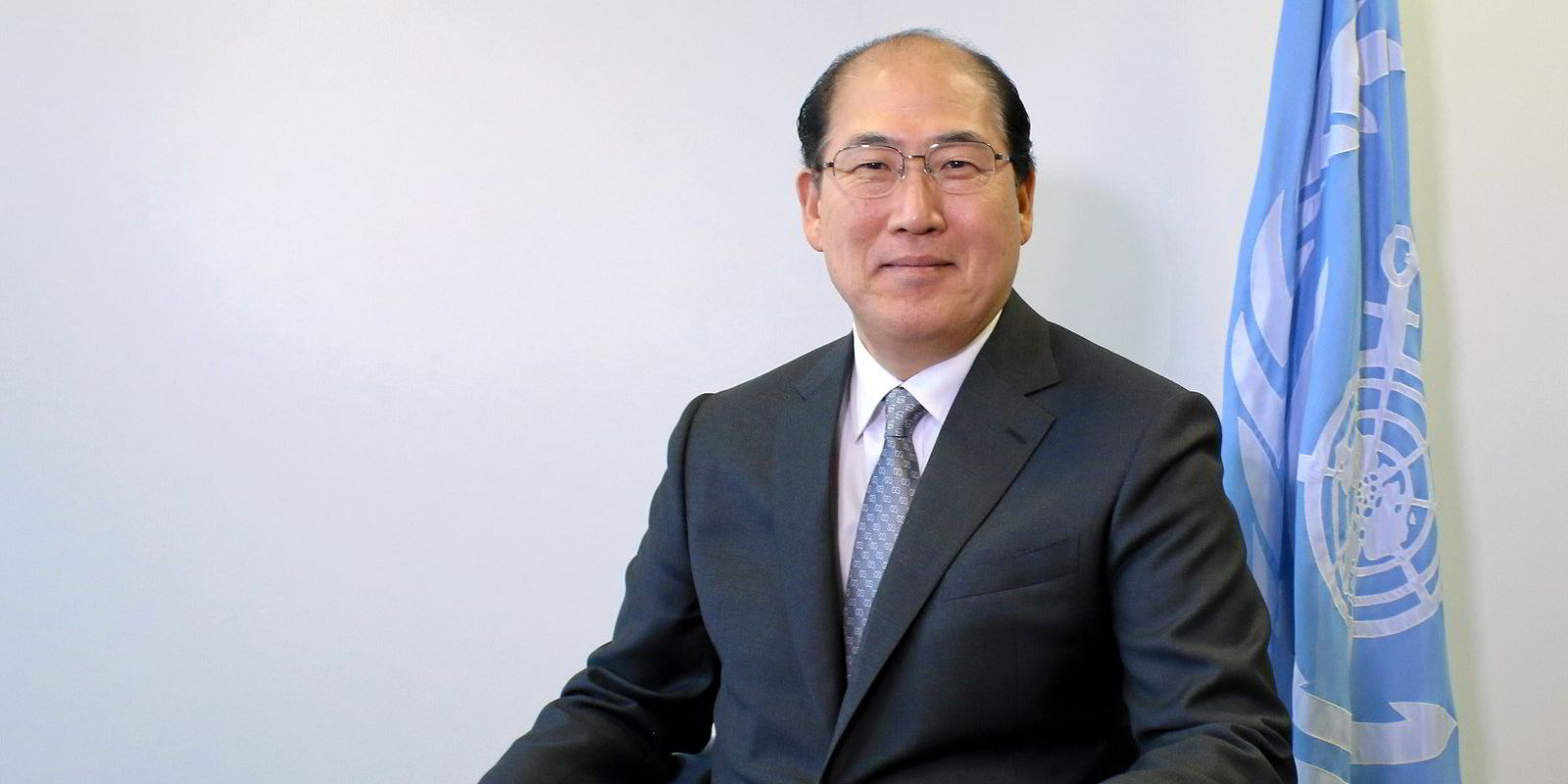
Speaking at the Nor-Shipping opening conference in April this year, she explained the EC’s position towards forging the IMO’s decarbonisation strategy.
“We want to make sure the revised IMO strategy will be fit for the future,” she said.
She also emphasised the role of the EC in implementing its own regional goals as a way of pushing the IMO to implement stronger global ones.
“It is good to talk after the IMO because we agree on so many things,” she said.
“But I want to use this opportunity to challenge all of us a little bit. What better way is there to see how a carbon pricing [scheme] could work than to have one in action?”(Copyright)
